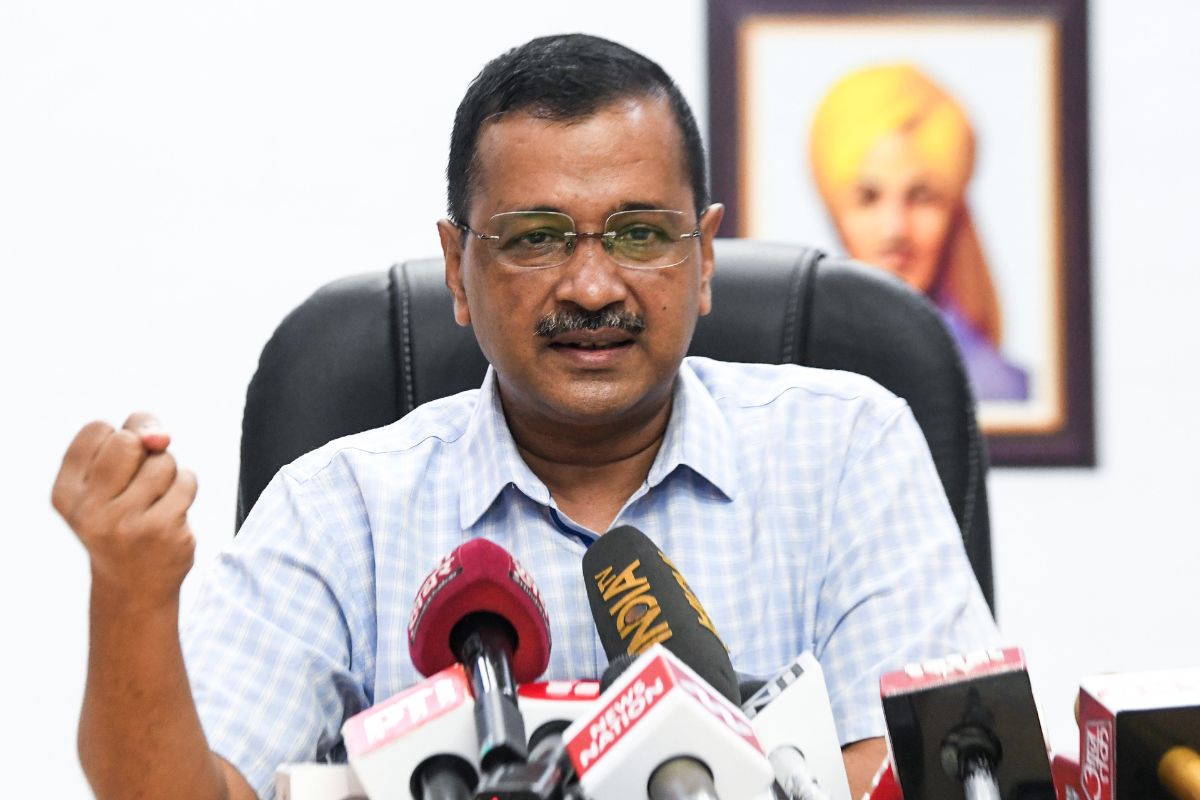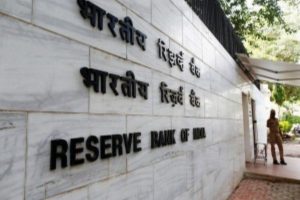The Supreme Court on Friday allowed the Kejriwal government’s application seeking to amend its plea to challenge the Government of NCTD (Amendment) Act, 2023, in place of its earlier challenge to May 19 ordinance stripping Delhi government of its control over babudom and vesting in the Lieutenant Governor overriding powers in the transfer and posting of senior bureaucrats.
Permitting an application by Delhi government to substitute challenge to ordinance with now challenge to the validity of the the Government of NCTD (Amendment) Act, 2023, Chief Justice DY Chandrachud heading a bench also comprising Justice JB Pardiwala and Justice Manoj Misra said, “IA (Application) seeks amendment to writ petition by which NCT ordinance was challenged. Now it has been replaced by an Act. We have heard the counsel. SG says they have no objection. Application for amendment is allowed. Counter-affidavit, if any, may be filed within 4 weeks.”
Advertisement
The bench permitted application to amend the challenge to ordinance with challenge to Act, on a mentioning by senior advocate Abhishek Manu Singhvi.
Recently, the Parliament passed the Government of National Capital Territory of Delhi (Amendment) Bill 2023, paving the way for the setting up of a three-member authority headed by the Chief Minister having two-bureaucrats – the Chief Secretary of Delhi and the Principal Home Secretary of Delhi government as its members.
The Authority under the Act envisages decision making by majority votes in case of difference of opinion.
In the last hearing of the matter on July 17, the top court had indicated that challenge to the constitutional validity of the May 19, Government of National Capital Territory of Delhi (Amendment) Ordinance, 2023, now an Act, may be referred to a constitution bench.
Heading a bench also comprising Justice Pamidighantam Sri Narasimha and Justice Manoj Misra, Chief Justice DY Chandrachud on July 17, had said that the issue, whether the powers under Article 239AA(7)(a) of the constitution could be invoked to make the law of the present nature, was not considered by the earlier two constitution benches in 2018 and 2023.
Both the constitution benches in 2018 and 2023, dealt with the row between the Centre and the Delhi government over the governance of the national capital.
The 2018 five-judge constitution bench had not even considered the issues of control over services. It was later clarified that the question of control over babudom, including their transfer and posting, was not before the then five-judge bench for adjudication.
“What they have done is that by using power under 239AA(7), they have amended the Constitution to take services out of Delhi government control. Is that permissible? I don’t think either of the Constitution bench judgements has covered that,” the Chief Justice Chandrachud said.
The Article 239AA of the constitution is a special provision relating to Delhi and spells out a framework for the governance of the national capital. It vests police, law and order and land exclusively in the Central government and other subjects falling within the domain of Delhi government.
The May 19 ordinance was brought to reverse May 11 top court constitution bench judgment that gave Delhi government control over the services – their transfer, posting and accountability.
The ordinance, now an Act, under challenge was promulgated on May 19 to overcome Supreme Court’s five-judge constitution bench May 11 judgement that had ruled that the Delhi government would have control over all services and officers serving under it barring those dealing with public order, police and land, and Lt. Governor does not have an all-encompassing supervision over the administration of the national capital and has to act on the aid and advice of the Council of Ministers.
Denuding the Delhi government of its authority, vested in it by the May 11 top court judgment, to post and transfer the senior ranking bureaucrats serving under it, the May 19 ordinance invested the control over babudom in the Lieutenant Governor.
The Section 45A of the Ordinance, now a part of the Act, under challenge that provides for the setting up of the National Capital Civil Service Authority for the transfer, posting and other matters relating to senior babus, is recommendatory in nature and would make recommendations to Lieutenant Governor.
The Chief Minister of Delhi will be the Chairperson of the Authority with Chief Secretary and the Principal Home Secretary of Delhi government as its member and the decisions will be taken by majority votes.
Seeking the quashing of the ordinance (now an Act) under challenge, the Delhi government has said that the Ordinance destroys the scheme of federal, Westminster-style democratic governance that is constitutionally guaranteed for the national capital territory of Delhi under Article 239AA.











